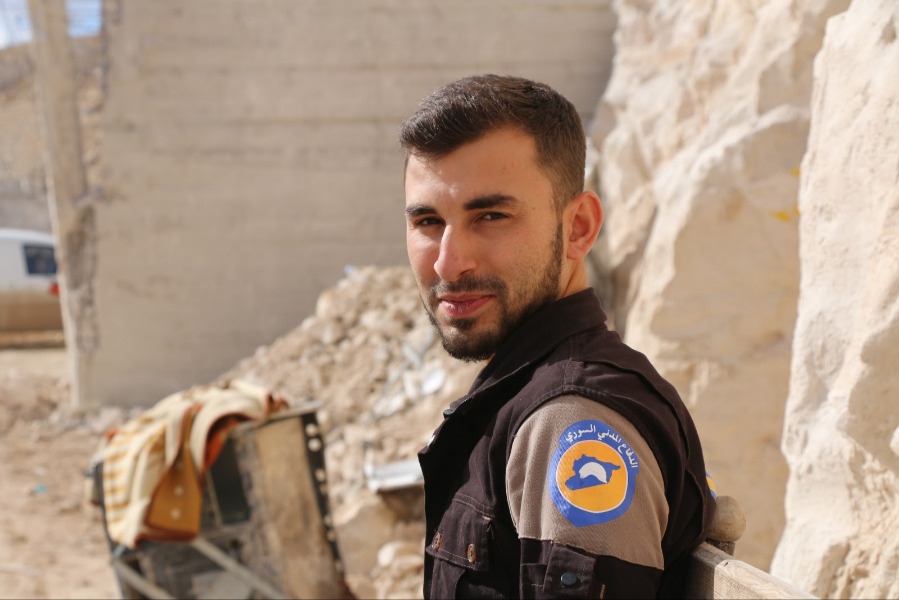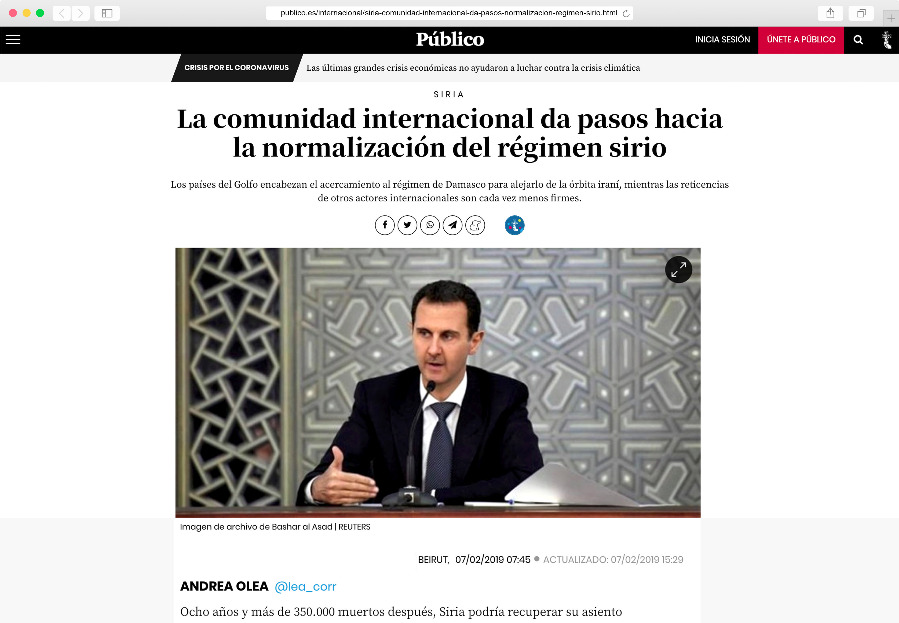2019 was the year my country faced the worst of the conflict so far and international action dropped to an all-time low. It was a year of resounding silence from world leaders as Russian and Syrian regime bombs killed people as they slept, shopped, and studied. The year the US abandoned millions of civilians in the northeast, and the UN stood by as Turkey forced families from their homes under the guise of establishing a safe zone. It was the year that the world celebrated the end of ISIS, while Syrians who fought against the group’s ideology continued to stand up to other extremist forces.
To say that my feelings about 2019 are those of anger and disappointment is an understatement. Yet as I reflect on everything we did together, I feel immensely proud. Proud of our small team at The Syria Campaign and proud to be a Syrian woman.
My pride is rooted in the amazing groups and individuals I get to support every day. The Syrian women who inspire me and countless others. The ones that make what I do the best job I could have ever dreamed of.
Women like Waad al-Kateab, whose BAFTA-winning documentary For Sama celebrates her love for her daughter and follows the heroic doctors trying to save lives while under siege in Aleppo.
Women like Amal Hamo, the White Helmets volunteer who is not only risking her life to save others, but also challenging the men in her community who wouldn’t accept the idea of a woman working in search and rescue.
Women like Fadwa Mahmoud, whose husband and son were arrested and disappeared by Syrian security forces eight years ago and haven’t been heard from since. Fadwa’s tragedy moved her to co-found the women-led movement Families for Freedom, which advocates for the release of all detainees in Syria. Fadwa never tires – I once asked her as we were knocking on the doors of decision-makers in Europe if she needed a break. She looked at me with determination and said, “no break until we get heard.”
At The Syria Campaign, we are committed to elevating the voices and demands of Waad, Amal, Fadwa, and the numerous other groups and individuals who are working for a free and democratic future for Syria. In 2020, we will continue the fight.
We need to keep the spotlight on stories of hope and elevate the demands for protection from human rights activists and humanitarians in northern Syria. We need to ensure that every detained and forcibly disappeared person in Syria is free, recognising justice and accountability for detainees as a central issue for any peace process. We need to challenge the United Nations’ conduct in Syria and fight against the forced return of refugees. We need to ensure the hundreds of thousands of vulnerable people get the medical care and equipment they need in the face of a global pandemic. And we need to resist any attempts to rehabilitate Assad’s regime, which continues to inflict unending abuses on civilians.
Thank you so much to every supporter, donor, and partner who worked with us in 2019. Your solidarity means everything.
With the deepest gratitude,
Laila
Executive Director, The Syria Campaign






























